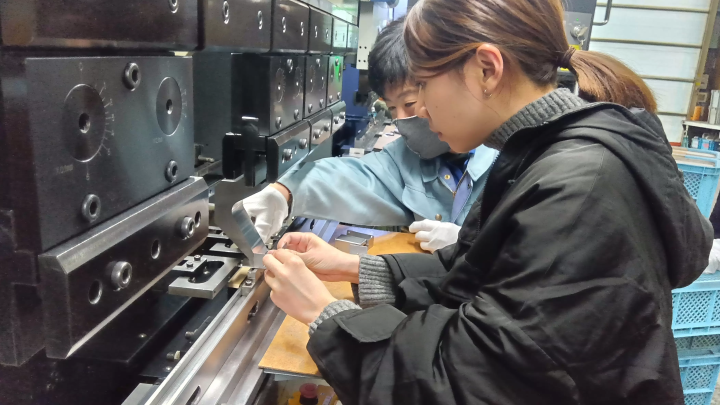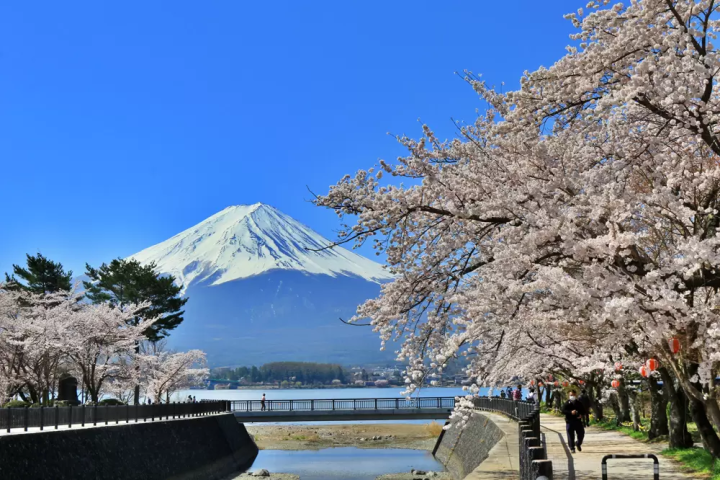[Spring 2026] The traditional Doll's Festival in Onjuku, Chiba! Introducing the charms that can only be experienced here
![[Spring 2026] The traditional Doll's Festival in Onjuku, Chiba! Introducing the charms that can only be experienced here](https://resources.matcha-jp.com/resize/720x2000/2025/03/18-228384.webp)
The Onjuku Town Corner Hanging Dolls Tour is held from late February to March 3rd, during the Doll's Festival. Hanging decorations, each stitch of which was made with a wish in mind, are displayed at the main venues, the Tsuki no Sabaku Memorial Hall and the Handmade Storehouse, as well as in shops in Onjuku town.
Approximately 3 hours
1. What are Hanging Dolls?
The history of hanging dolls is said to have begun in the Edo period. At the time, Hina dolls were very expensive and difficult to obtain for ordinary households. However, it is said that hanging dolls began to be made by slowly creating small dolls with the hope of happiness for the newborn child. Hanging dolls are made with care and thought put into every stitch.
2. Access to Onjuku Town
If you are coming by car, it is 40 minutes from Ichihara Tsurumai Interchange. If you are coming by train, it is 10 minutes on foot from Onjuku Station on the JR Sotobo Line.
3. Two spots to enjoy the traditional Hinamatsuri in Onjuku Town!
(1) Moon Desert Memorial Museum
![[Spring 2026] The traditional Doll's Festival in Onjuku, Chiba! Introducing the charms that can only be experienced here](https://resources.matcha-jp.com/resize/720x2000/2025/03/18-228442.webp)
![[Spring 2026] The traditional Doll's Festival in Onjuku, Chiba! Introducing the charms that can only be experienced here](https://resources.matcha-jp.com/resize/720x2000/2025/03/18-228443.webp)
During the event, the museum will be decorated with various exhibits themed around the zodiac sign of the year!
They also sell kits for making hanging dolls, as well as hanging dolls that are carefully crafted stitch by stitch.
There is also a corner inside the building that sells souvenirs from Onjuku Town, so be sure to check it out!
20 minutes on foot
(2) Handmade storehouse
![[Spring 2026] The traditional Doll's Festival in Onjuku, Chiba! Introducing the charms that can only be experienced here](https://resources.matcha-jp.com/resize/720x2000/2025/03/18-228386.webp)
![[Spring 2026] The traditional Doll's Festival in Onjuku, Chiba! Introducing the charms that can only be experienced here](https://resources.matcha-jp.com/resize/720x2000/2025/03/18-228385.webp)
When you enter the historic stone storehouse, you can see exhibits related to the zodiac sign of the year and enjoy the unique atmosphere.
Hanging dolls made by local people are on sale at the venue!
Each one has its own personality, so even though they may look the same, they each have their own unique expression.
It might be fun to look for a hanging doll that suits your taste!
Spots introduced in this itinerary
Onjuku is a small town located in the southeast of Chiba Prefecture, east of the Boso Peninsula. The climate is warm throughout the year. The coast is a representative Boso beach that is visited by many beachgoers every year, with a pure white sand beach stretching for about 2 km. It is also known as the birthplace of the children's song "Tsuki no Sabaku" (Desert of the Moon). Also, about 400 years ago, in 1609, the ship San Francisco ran aground in a storm off the coast of Tajiri, Iwawada Village. The villagers of Iwawada Village came together to rescue the frozen crew, warming them with their bare skin and generously providing them with clothing and food, and it is said that they saved the lives of 317 of the 373 crew members.
The contents on this page may partially contain automatic translation.




































![[Coupon available] "On Cloud Monster 3" will be available for pre-sale at Alpen Tokyo from February 26th!](https://resources.matcha-jp.com/resize/720x2000/2026/02/25-259637.webp)